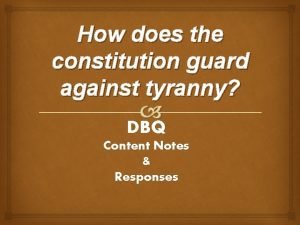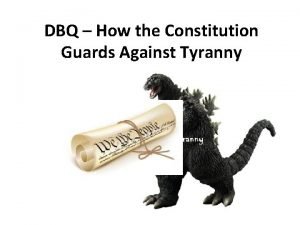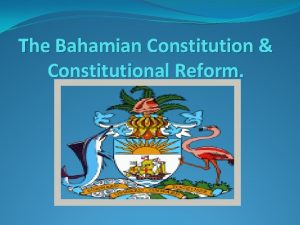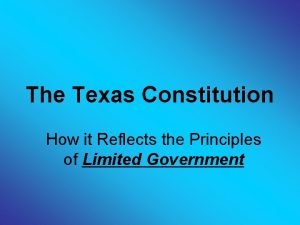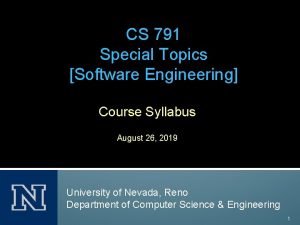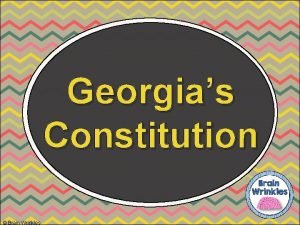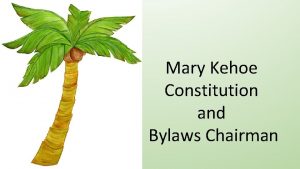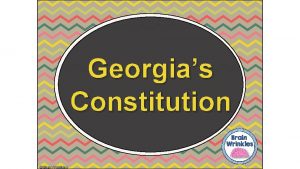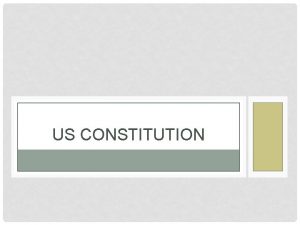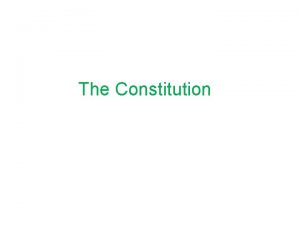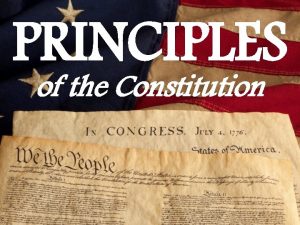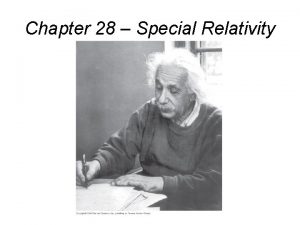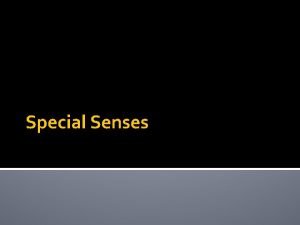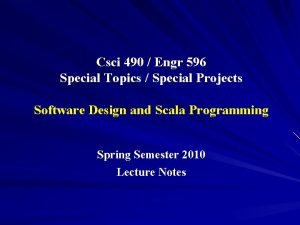Special Topics on the Constitution TYRANNY TYRANNY OF





















- Slides: 21

Special Topics on the Constitution

TYRANNY

TYRANNY OF THE MAJORITY • Mob rule • Democracy • Story of Mytilene

TYRANNY OF THE MINORITY • Articles of Confederation − (not the Constitution for the Confederate States of America) • Each state had one vote and it had to be unanimous.

Roman Model of a Republic • Separate roles, with their own powers, competing with each other, getting nothing done unless it was really, really important.

The House of Representatives • Known as the lower house of Congress. • It has requirements: − a 25 -year-old age limit − the people themselves will elect the members for two years each − must be a citizen of that state • The members of the House are divided among the states proportionally, or according to size, giving more populous states more representatives in the House.

Senate • Known as the upper house of Congress. • It has requirements: − a 30 -year-old age limit − the legislatures of the individual states will appoint the members for six years each − must be a citizen of that state • Each state has equal suffrage in the Senate, meaning that each state has the exact same number of Senators, two each, regardless of the population.

Why? A Great Test Question • Why does the House have proportional representation? • Why does the Senate have a fixed number (two each)? • Why were Senators originally appointed by the States instead of direct election as we have now?

Why? A Great Test Question • Why does the House have proportional representation? Because big states felt that since they had more people they should get more of a say in the legislature. • Why does the Senate have a fixed number (two each)? Because little states felt that they would be pushed around and did not want to trade one tyranny for another. • The compromise was the bicameral legislature.

Why? A Great Test Question • Why were Senators originally appointed by the States instead of direct election as we have now? Who represents the states’ interests? The idea was that the senators would in essence represent the state, as opposed to the people in the state, and protect the states’ rights. • The people already had representation in the House of Representatives! • This was also a check on the “mob rule” of the House since it is closest to the people and the most influenced by popular opinion.

“Power of the Purse” • Any bill for raising money (such as by taxes or fees) must start out in the House. All bills must pass both houses of Congress in the exact same form.

“Advise and Consent” must • The Senate approve all treaties and appointments of cabinet level executives or federal judges (including SCOTUS).

“Necessary and Proper” Clause • Also called the “elastic clause”. • This allows Congress to pass any law necessary for the carrying out of the previously listed powers. • This has been used and abused to justify passing many laws.

Electoral College – Why? • Why do we have this? • Do I need to recite the story of Mytilene again? − The Athenian public assembly voted to massacre all the men of the city and to sell the women and children into slavery but changed its mind the next day. • Lack of trust for mob rule. • An attempt to limit the power of the majority and block demagogues.

Electoral College – Why? • In order to appreciate the reasons for the Electoral College, it is essential to understand its historical context and the problem that the Founding Fathers were trying to solve. They faced the difficult question of how to elect a president in a nation that: • was composed of thirteen large and small States jealous of their own rights and powers and suspicious of any central national government • contained only 4, 000 people spread up and down a thousand miles of Atlantic seaboard barely connected by transportation or communication (so that national campaigns were impractical even if they had been thought desirable) • believed, under the influence of such British political thinkers as Henry St. John Bolingbroke, that political parties were mischievous if not downright evil, and • felt that gentlemen should not campaign for public office (The saying was "The office should seek the man, the man should not seek the office. ").

Electoral College • The United States Electoral College is the institution that officially elects the President and Vice President of the United States every four years. • The President and Vice President are not elected directly by the voters. • Instead, they are elected by "electors" who are chosen by popular vote on a state-by-state basis. • Your state’s entitled allotment of electors equals the number of members in its Congressional delegation: one for each member in the House of Representatives plus two for your Senators.

Electoral College • Each candidate running for President in your state has his or her own group of electors. • The electors are generally chosen by the candidate’s political party, but state laws vary on how the electors are selected and what their responsibilities are. • Most states have a “winner-take-all” system that awards all electors to the winning presidential candidate. However, Maine and Nebraska each have a variation of “proportional representation. ”

Electoral College • There is no Constitutional provision or Federal law that requires Electors to vote according to the results of the popular vote in their States. − They could decide to just pick me. • Some States, however, require Electors to cast their votes according to the popular vote.

Electoral College – Michigan • 16 • MICHIGAN – State Law – § 168. 47 (Violation cancels vote and Elector is replaced. ) • Must follow popular vote.

FOR YOUR FINAL • Memorize the preamble to the Constitution. • Know the 3 final presentations (Constitution, Bill of Rights, this one). • Watch the videos on the class page. • Be able to go through the Constitution, compare it to our current government and identify which departments are mandated by the Constitution and which are not.

Works Cited • http: //constitutionus. com/ • http: //www. archives. gov/exhibits/charters/constitution. h tml • thisnation. com • http: //billofrights. org/ • http: //avalon. law. yale. edu/subject_menus/fed. asp
 How does separation of powers guard against tyranny
How does separation of powers guard against tyranny Big states vs small states guard against tyranny
Big states vs small states guard against tyranny Constitution what is constitution
Constitution what is constitution The constitution lesson 1 principles of the constitution
The constitution lesson 1 principles of the constitution Texas constitution vs us constitution
Texas constitution vs us constitution Nc constitution vs us constitution
Nc constitution vs us constitution Special investigative topics 3232
Special investigative topics 3232 Special topics in software engineering
Special topics in software engineering Dena schlosser
Dena schlosser Bài hát chúa yêu trần thế alleluia
Bài hát chúa yêu trần thế alleluia Hươu thường đẻ mỗi lứa mấy con
Hươu thường đẻ mỗi lứa mấy con Lời thề hippocrates
Lời thề hippocrates Chụp tư thế worms-breton
Chụp tư thế worms-breton đại từ thay thế
đại từ thay thế Quá trình desamine hóa có thể tạo ra
Quá trình desamine hóa có thể tạo ra Công thức tiính động năng
Công thức tiính động năng Thế nào là mạng điện lắp đặt kiểu nổi
Thế nào là mạng điện lắp đặt kiểu nổi Các loại đột biến cấu trúc nhiễm sắc thể
Các loại đột biến cấu trúc nhiễm sắc thể Bổ thể
Bổ thể Vẽ hình chiếu đứng bằng cạnh của vật thể
Vẽ hình chiếu đứng bằng cạnh của vật thể độ dài liên kết
độ dài liên kết Môn thể thao bắt đầu bằng chữ đua
Môn thể thao bắt đầu bằng chữ đua
